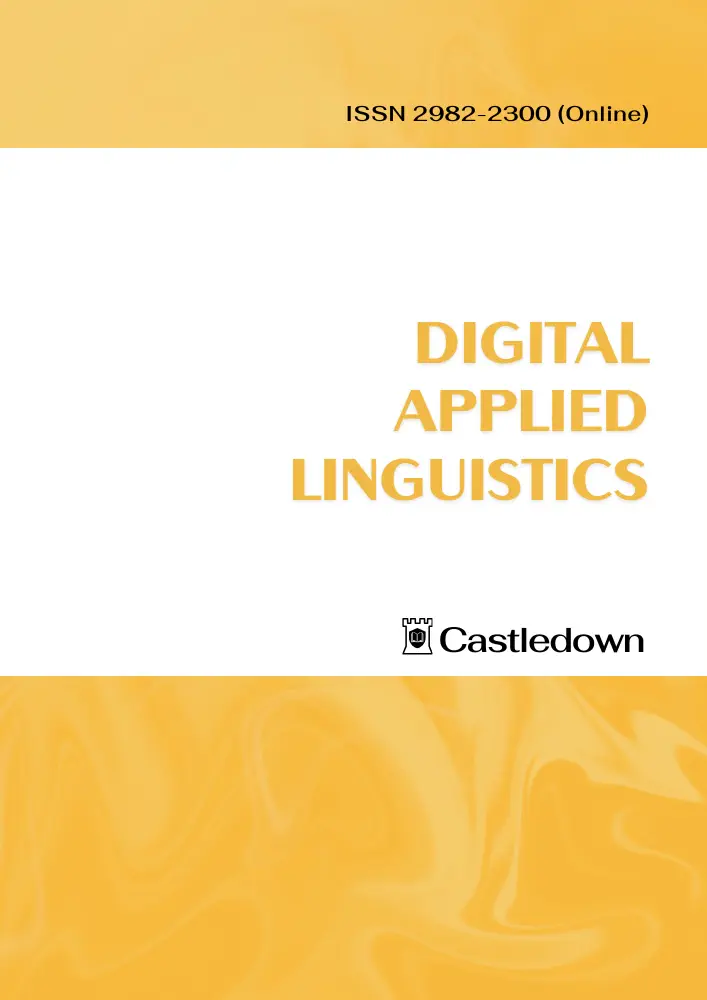ChatGPT for Self-Regulated Language Learning: University English as a Foreign Language Students’ Practices and Perceptions
 Digital Applied Linguistics
Digital Applied Linguistics
Abstract
Focusing on the global trend of artificial intelligence (AI) in language learning, this survey-based study explored the practices and perceptions of Japanese English as a foreign language students (EFL) toward ChatGPT for second language (L2) learning. A mixed-method research design was utilized to achieve the study’s aims, with data being collected from three universities in Japan. The technology acceptance model-based survey was administered in the fall of 2023 and a total of 521 EFL students fully completed it. Quantitative analysis related to the students’ practices revealed that less than 25% of the respondents had used ChatGPT in their English studies, with formal language learning being more common than informal L2 learning outside of English coursework. Summarizing information written in the English language and translation were the top reported uses of ChatGPT for L2 English learning. According to the Likert scale responses, the L2 students’ perceived usefulness, perceived ease of use, and behavioral intention to use ChatGPT for English learning were positive. Content analysis of the qualitative data indicated contrasting findings, namely, while the students believed the AI chatbot could enhance their L2 learning, they were also concerned that it could hinder their language learning if overly relied upon. These results indicate that although a growing number of L2 learners are using ChatGPT and perceive it to be a useful resource for language learning, they are also aware of the drawbacks it poses to the language learning process.